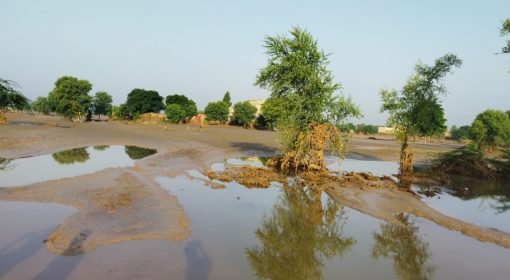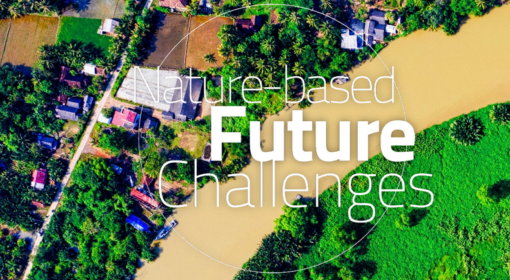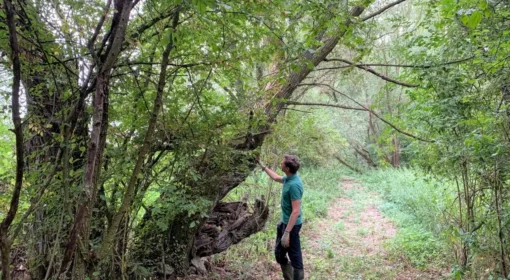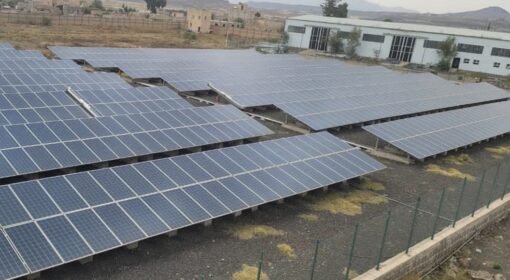How could my country look like if we were to embrace nature-based solutions?
A reflection on the nature-based future challenge by team GO2V-NBF and their coaches David Mornout (MetaMeta) and Long Hoang (MetaMeta). Team members GO2V-NBF: Xinjue CUI, Songwen CHEN, Maria, Chenyue HE, Ruofei GUAN, Jiayi LI, Zhun LI, Qi RUAN. TheWaterChannel serves as media partner to this student challenge.
This was the question that student teams from around the globe aimed to answer in the Nature-Based Future Challenge, organized by Wageningen University & Research. Interdisciplinary and international teams visualized a nature-based future for the delta of Bangladesh, showcasing innovative solutions to pressing environmental challenges.
Chittagong Hill Tracts
One of the teams, GO2V-NBF, focused on the Chittagong Hill Tracts (CHT) with the goal of transitioning from “development at the cost of nature” to a future of “nature-based prosperity.” This region in Southeast Bangladesh faces significant challenges related to climate change, biodiversity loss, and socio-economic development. The increasing intensity of extreme weather events, coupled with changing land use, exacerbates soil erosion and land degradation. The local water cycle is under pressure, leading to issues of both water scarcity and flooding at different times of the year.
GO2V-NBF proposed a strategy of vertical cities on water and a harmonious coexistence between people and nature. In the hilly landscape, the team suggested a range of water harvesting and retention measures to ensure that water remains in the system and is available when needed.
Coaches Long Hoang and David Mornout remarked, “It was impressive to witness the strong technical capacity and creativity of the team, which came to life in stunning visualizations. We enjoyed supporting and thinking along with our interdisciplinary team, which developed a suite of nature-based solutions for the challenging environment and dynamics of the Chittagong Hill Tracts.”
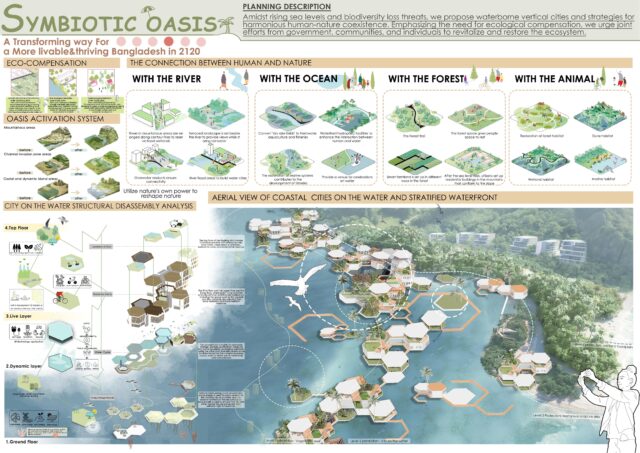
Figure 1 – One of the visuals developed by team GO2V-NBF, which showcases a vision for a nature-based future for the Chittagong Hill Tracts
Delta Harmonics – Winning the Challenge and Linking Scales
At the finals in June 2024, Team Delta Harmonics was selected as the winner of the challenge. The jury commended Delta Harmonics for addressing the complex problems of the delta by focusing on an upstream region, and on linking developments there throughout the whole delta.
In their one-minute pitch during the ceremony, a team member emphasized water retention: “Water—we used to have too much. Now we don’t have enough. We believe the solutions must start upstream to benefit the whole region. Restored wetlands and forests will hold water, while agroforestry and ecotourism will provide new employment opportunities.”
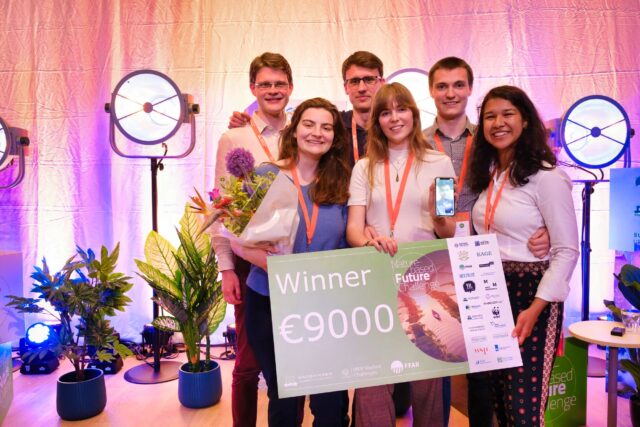
Figure 2 – Team Delta Harmonics, the winners of the challenge
From Perspective to Action
At the finals of the student challenge, Bangladesh Ambassador M. Riaz Hamidullah joined online to reflect on the challenge and the translation into policies: “The world of policy and politics will look at your ideas from a slightly different perspective. Don’t despair. Hold onto your aspirations.”
The Ambassador further reflects: “Yes, some of these should, and do, merit attention of innovative entrepreneurs or business, as green-fields. My own understanding is: the winning teams and their propositions challenge all in policy space to re-look at many ‘given(s)’, assumptions and modalities (the ways we conventionally concieve projects/interventions). Also, how do we approach ‘profit’ (on return to investment that are profoundly ‘social’).”
So, let us be challenged, and re-visit current modalities – and head towards a nature-based future.
The Challenge was organised by Wageningen University & Research in collaboration with the Foundation for Food & Agriculture Research, University Fund Wageningen and over twenty other partners, including MetaMeta and TheWaterChannel.
Check out the summarised results from all finalists here:
